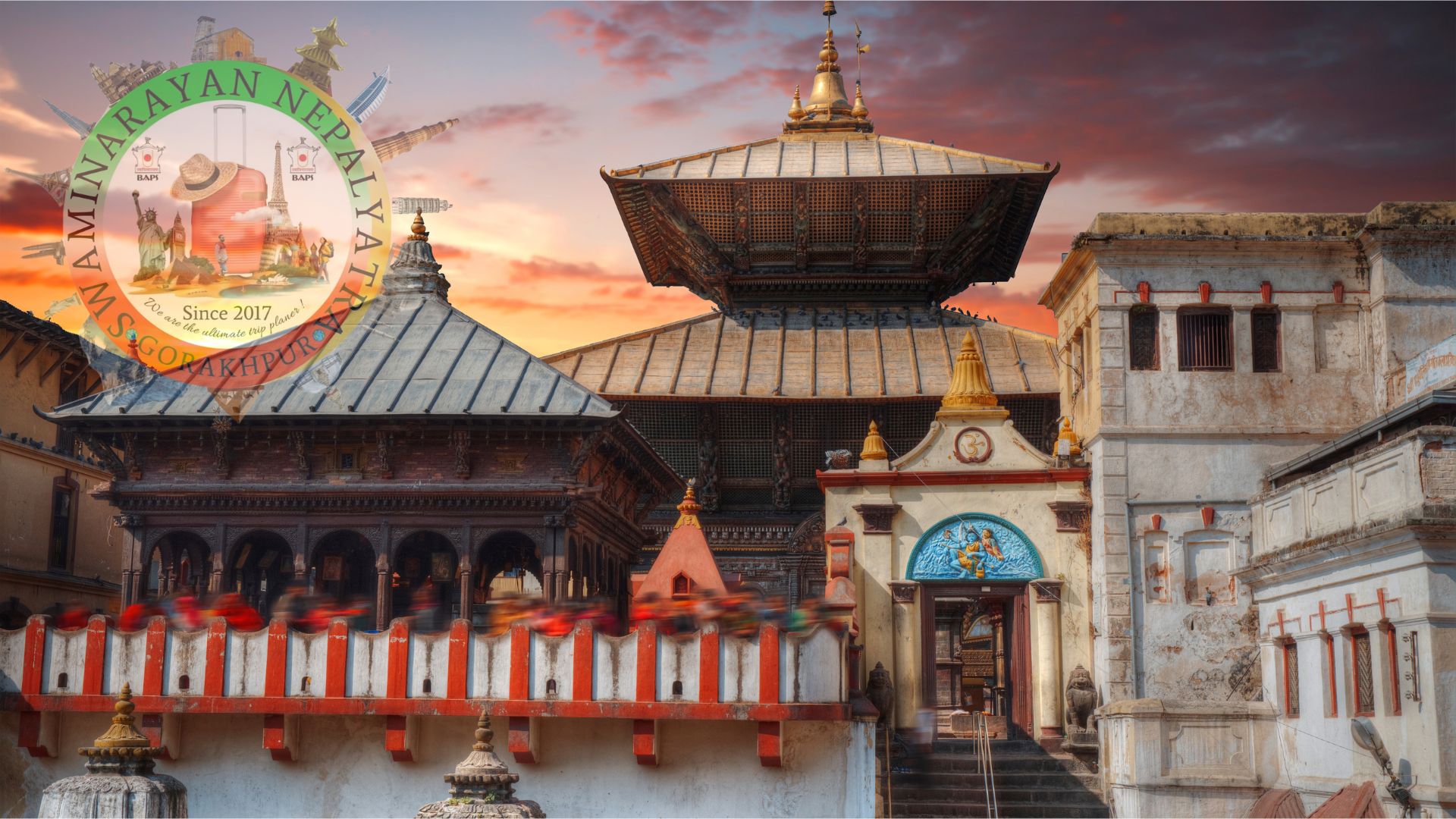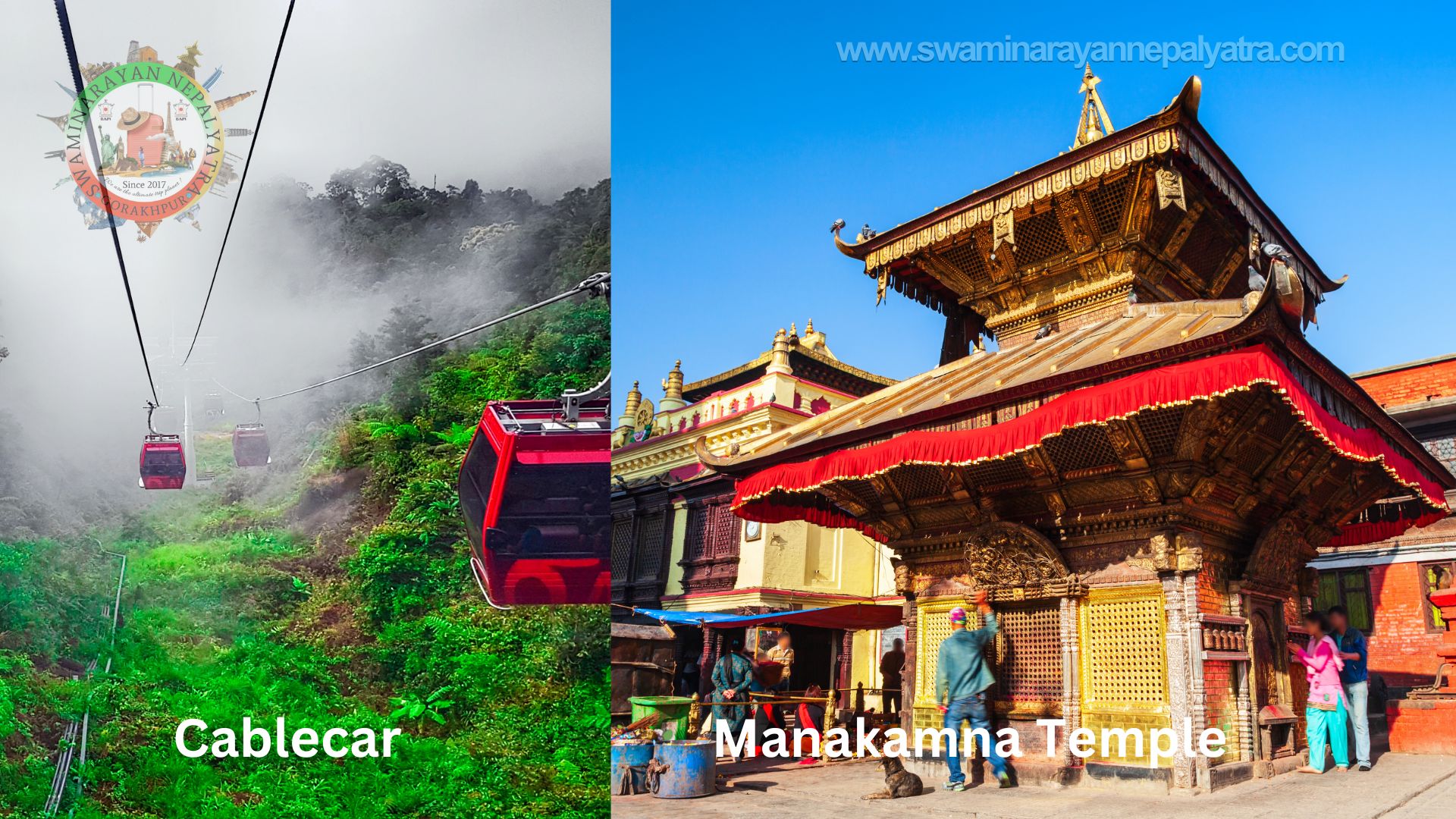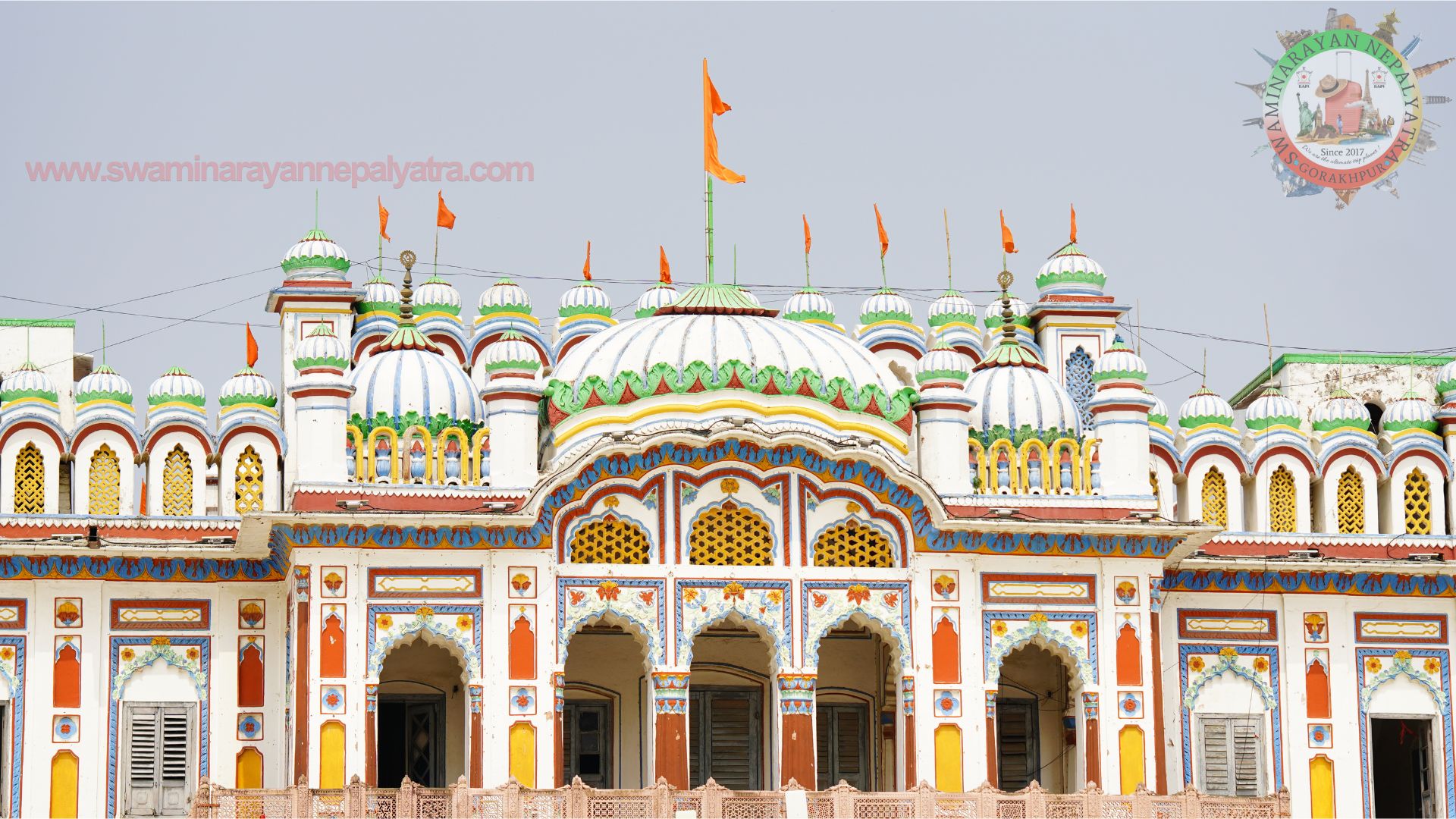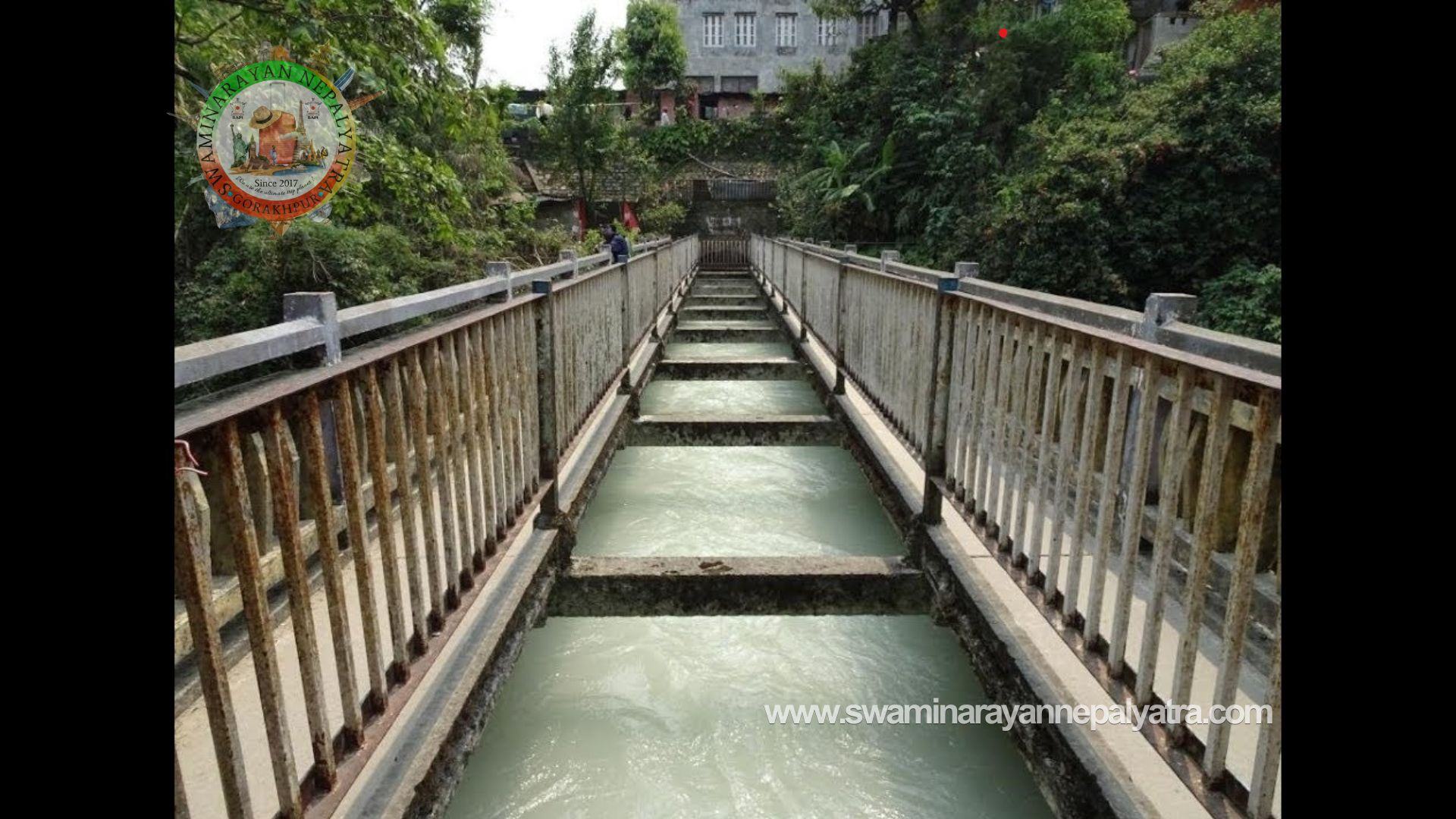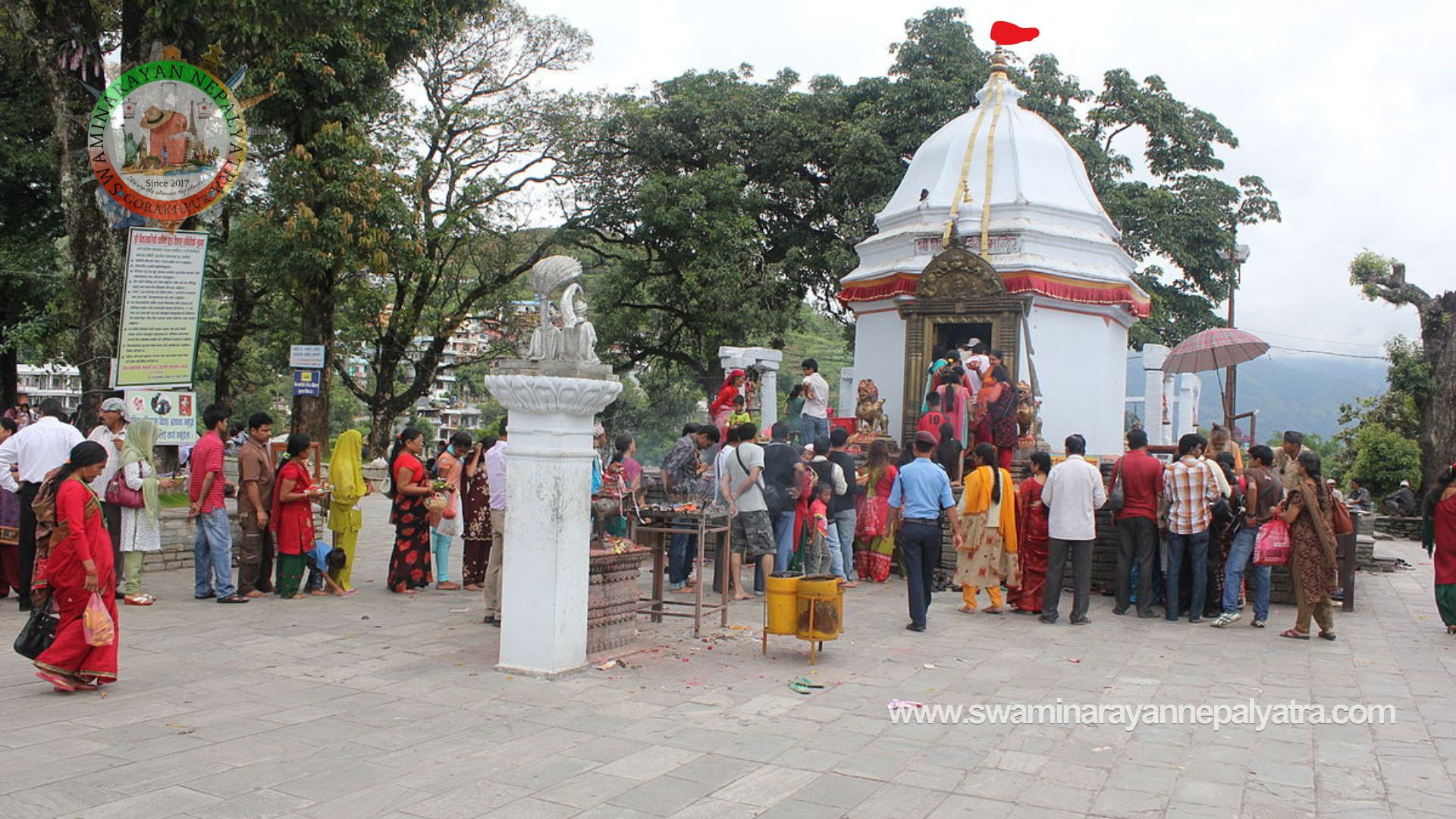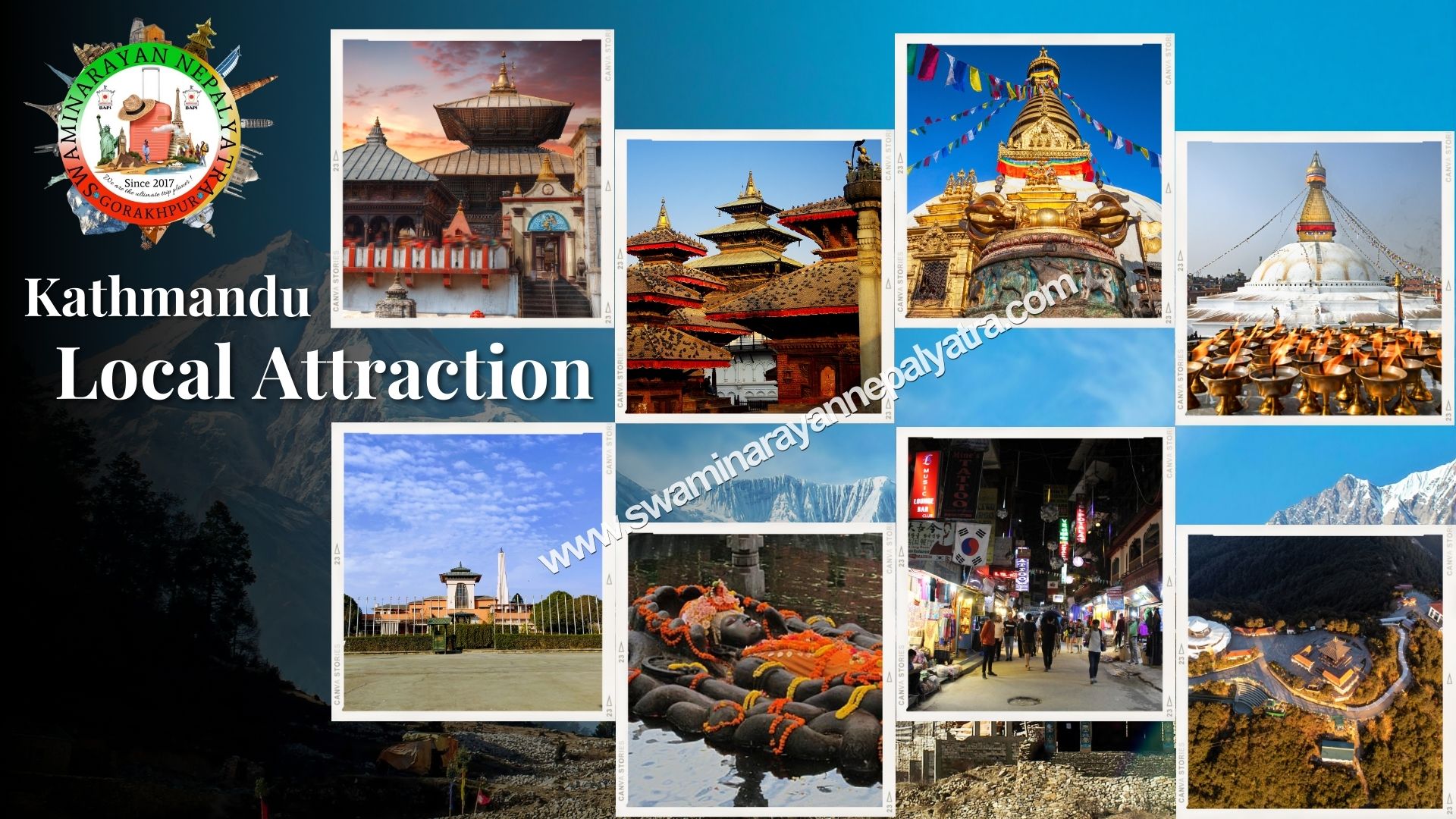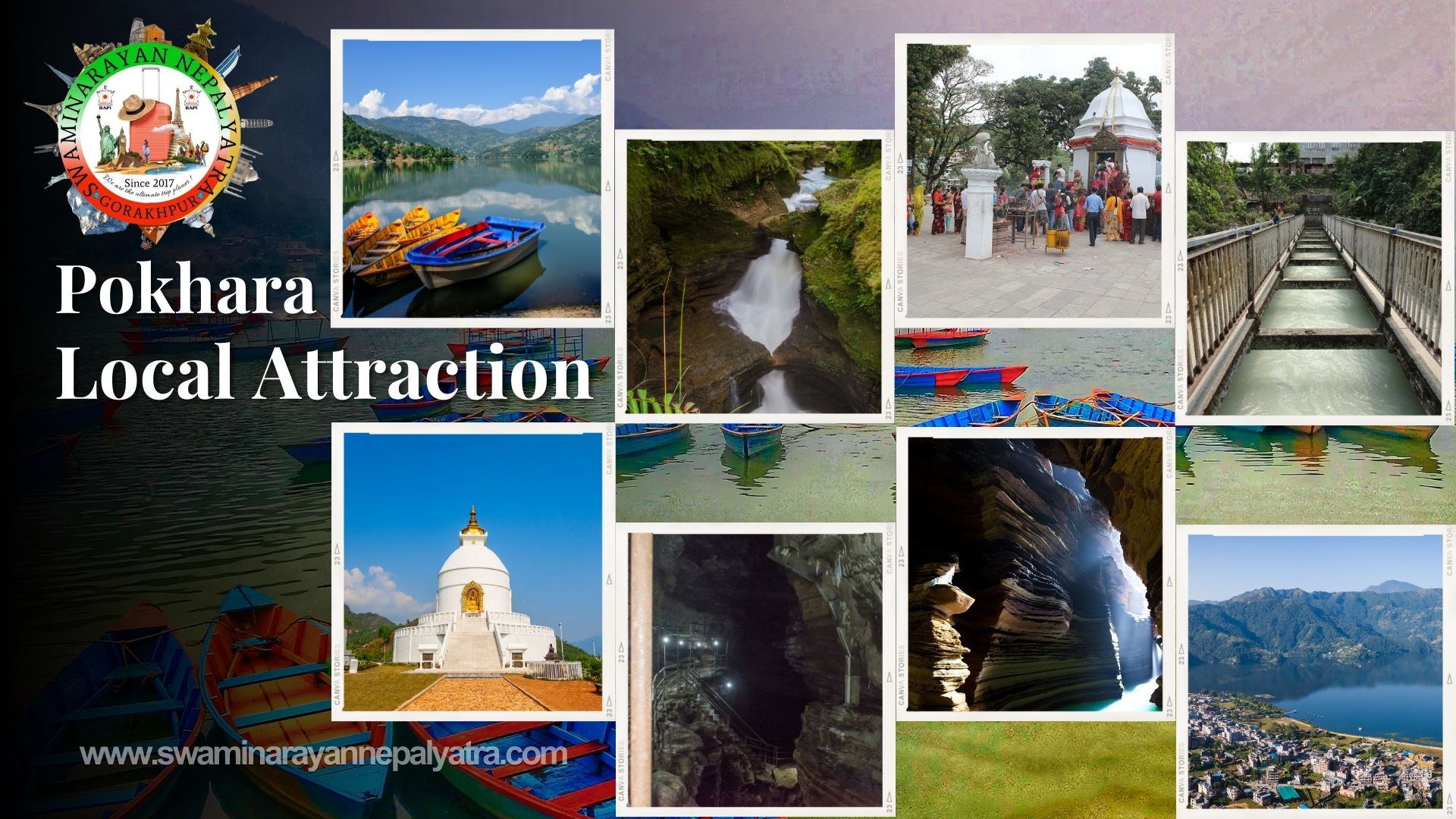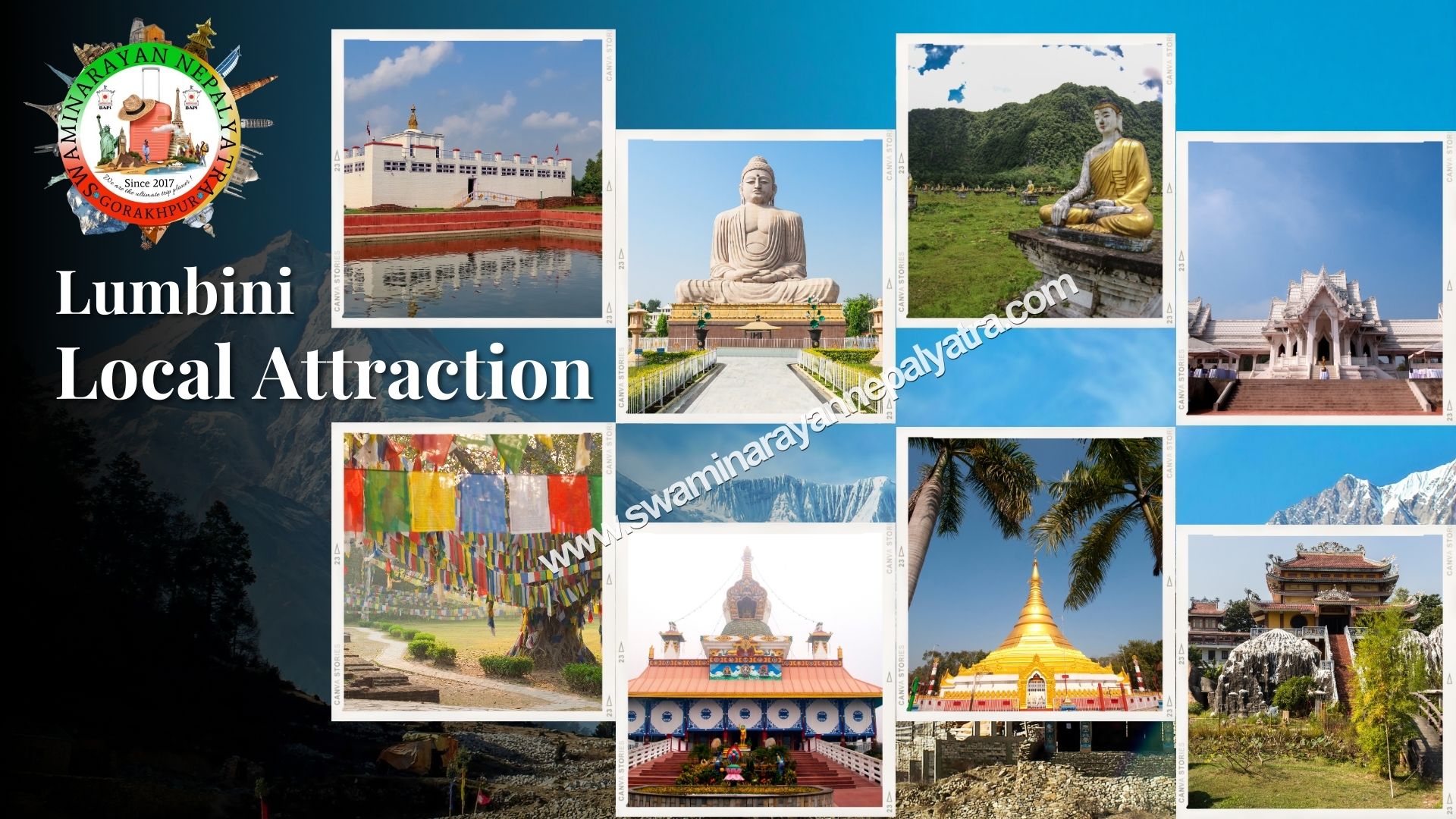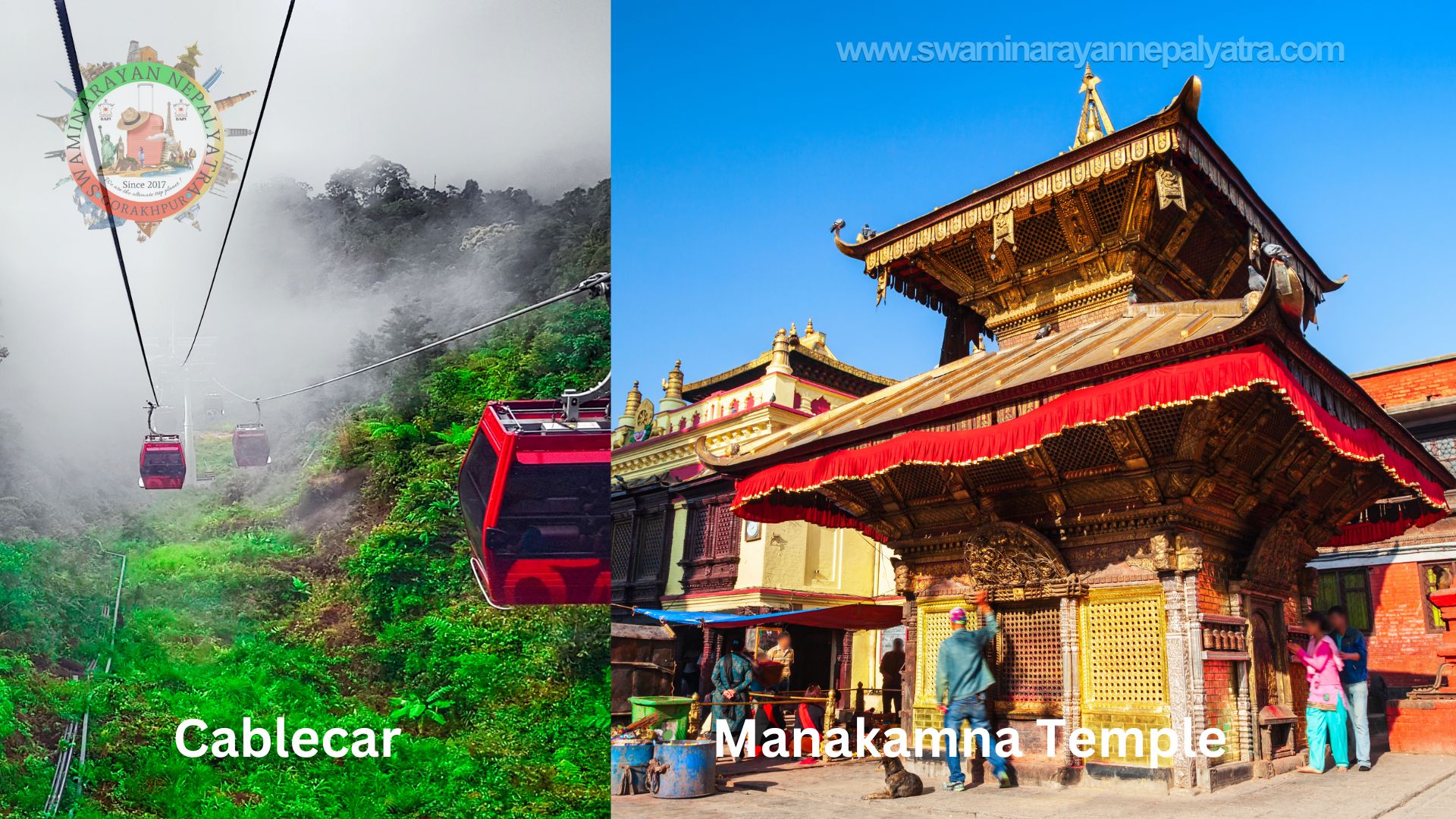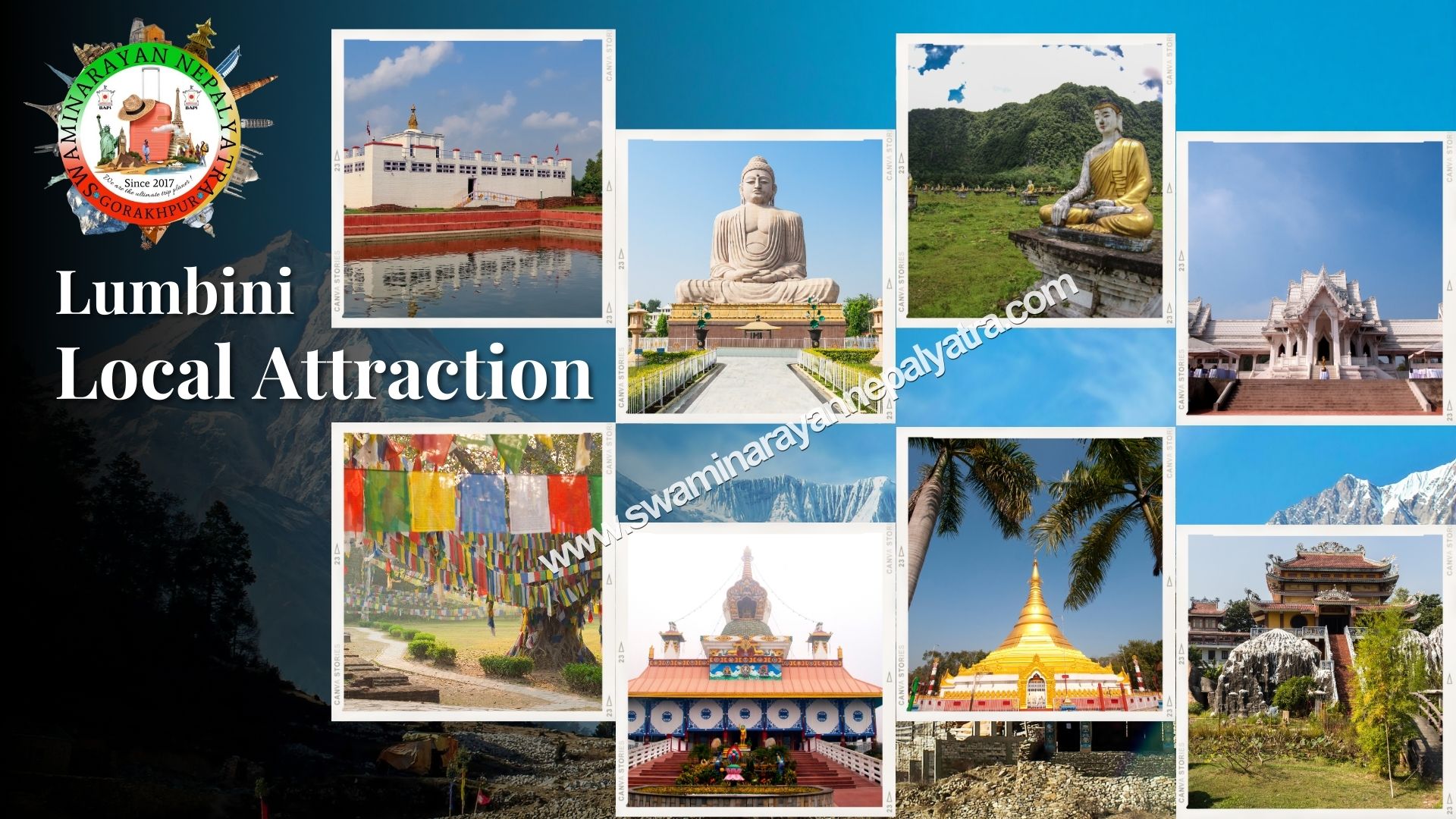Pashupatinath Temple - Kathmandu
Swaminarayan Nepalyatra is a reputed company, which is exclusively engaged in Nepal tours. We hope that the information given on Pashupatinath Temple will be beneficial for you.
Pashupatinath Temple is a renowned Hindu temple located in Kathmandu, Nepal. Here are some key details about the temple:
-
Location:
- Pashupatinath Temple is situated on the banks of the Bagmati River in the eastern part of Kathmandu Valley.
-
Significance:
- It is one of the most sacred Hindu temples dedicated to Lord Shiva, specifically in his manifestation as Pashupati, the Lord of Animals.
-
UNESCO World Heritage Site:
- Pashupatinath Temple complex is designated as a UNESCO World Heritage Site, recognizing its cultural and religious importance.
-
Architecture:
- The temple has a pagoda-style architecture with a two-tiered golden roof and silver doors. The complex includes various other shrines and statues.
-
Deity:
- The main deity is Lord Pashupatinath, depicted in the form of a lingam (an abstract representation of Shiva). The temple attracts devotees from Nepal and around the world.
-
Cremation Ghats:
- The temple complex also has several ghats (cremation platforms) along the Bagmati River, where Hindu cremations take place.
-
Festivals:
- Maha Shivaratri, the Great Night of Shiva, is the most significant festival celebrated at Pashupatinath. Thousands of pilgrims and tourists gather during this time.
-
Visitors:
- Pashupatinath Temple attracts not only religious pilgrims but also tourists interested in experiencing the rich cultural and spiritual heritage of Nepal.
-
Conservation Efforts:
- The Pashupati Area Development Trust (PADT) oversees the conservation and management of the temple complex.
-
Access:
- The temple is easily accessible from the Kathmandu city center and the Tribhuvan International Airport.
Pashupatinath Temple holds great cultural, religious, and historical significance and remains a focal point of spiritual life in Nepal.

